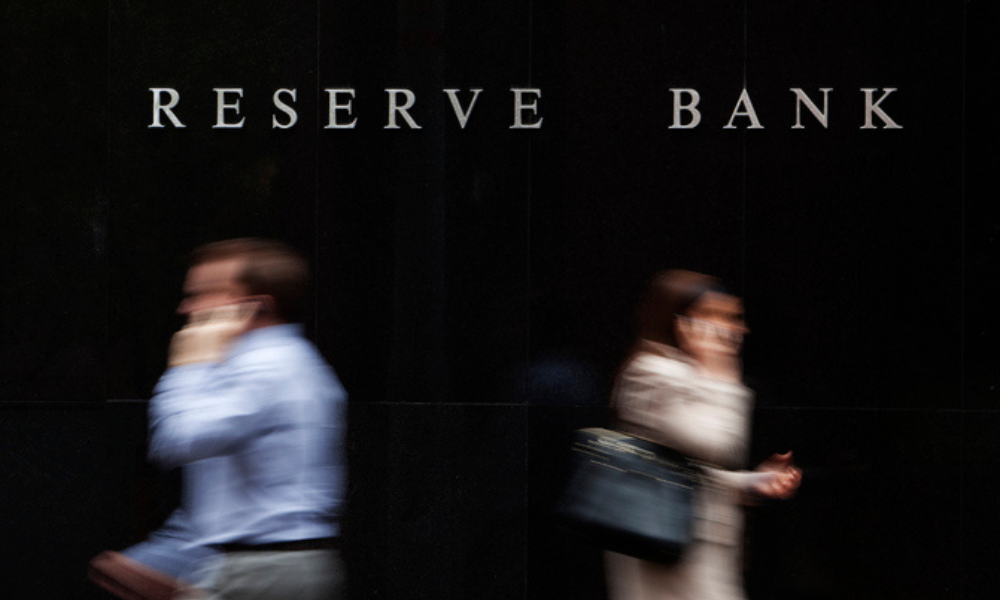
Businesses say rise reflects 'multiple and exacerbating' economic stressors

Businesses said it was only right for the Reserve Bank of Australia (RBA) to increase the cash rate target given the latest rapid acceleration of inflationary pressures in the economy, the Australian Chamber of Commerce and Industry (ACCI) reported.
According to ACCI, the RBA lifted the cash rate target by 50 basis points to 1.35%. The business network also said this increase suggested numerous stressors facing the Australian economy.
“The process of increasing interest rates will trigger some pain as consumers and businesses face higher loan repayments,” ACCI chief executive McKellar said. “However, a failure to do so would only risk embedding high inflation, forcing the Reserve Bank to take more drastic action.”
The ACCI CEO said that with the current condition of Australian businesses suffering from increased energy costs, congested supply chains, and the workforce shortage, they could not afford “for inflation to become entrenched.”
RBA’s media release revealed Governor Philip Lowe noting how the global inflation rate is high, boosted by COVID-19-related disruptions to supply chains, the Ukraine wars, and strong demand, which puts pressure on productive capacity.
“Inflation in Australia is also high, but not as high as it is in many other countries,” Lowe said. “Global factors account for much of the increase in inflation in Australia, but domestic factors are also playing a role.”
Among the domestic factors contributing to the rise of inflation include “strong demand, a tight labour market, and capacity constraints in some sectors,” according to Lowe. He added that the recent floods also affected some prices of commodities.
With the inflation rate forecasted to peak later this year, the higher interest rates would help create a balance between the demand for and the supply of goods and services, according to Lowe.
Amid the increased cash rate target, the Governor said that the Australian economy remains “resilient and the labour market is tighter than it has been for some time.”
Likewise, Hunter also described the Australian economy as “sufficiently resilient” to survive any stricter monetary policy.
Given the increased consumer demand, low unemployment rate, substantial household budgets, and robust export income, it was sufficient to say for Hunter that the fundamentals of the Australian economy were “solid.”
However, despite the Australian economy thriving, Hunter said that the elevated interest rates would threaten to derail further business investment, which he said had dropped to weak levels over the past decade.
With such risk for Australian businesses, Hunter called on the government for action to support enterprises amidst the high inflation and increasing interest rates.
“The federal government must present a longer-term ambition to boost business investment that drives higher productivity, higher wages, and higher growth,” he said.